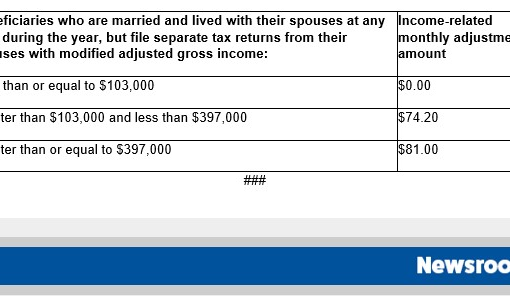
Are you forgetting something?
If you look at your state’s list of unclaimed property you will quickly notice something. A lot of the funds are for beneficiaries that never claimed a benefit for life insurance or investments accounts. The next thing you might ask yourself is why don’t these people want the money and why haven’t they claimed it?
The answer is surprisingly simple, the financial institution doesn’t know who to contact or where to send the money and the beneficiary or next of kin doesn’t know about it either. If the insurance company needs to pay out the claim due to social security notification, or presumptive death due to age, they make every reasonable attempt to contact the beneficiary. If they cannot reach the beneficiary or they are deceased, the funds are turned over to the state as unclaimed property. Many newer policies require the social security number of beneficiaries to be listed on the application to help find the beneficiary in the event of a claim, but that’s no guarantee they’ll find the beneficiary.
Often the amounts are small, forgotten about, or the beneficiary may have no knowledge of the policy/account. Occasionally you will also see considerably large amounts go unclaimed as well.
It can be difficult to find people, they move, change their names, get divorced, move out of the country. This is just one reason to periodically have a beneficiary review with a financial professional.
When should you review?
Failing to have a review can cause an unintended person to receive a benefit. An additional cost is unnecessary taxes. Usually accounts or policies that have a beneficiary also have significant tax advantages; However, the tax benefit can be lost if not transferred correctly.
For example: In the case of Life Insurance, as long as the policy was paid by an individual the beneficiary receiving the funds will receive the funds Federally Tax Free. However, if that beneficiary is deceased and a contingent beneficiary isn’t listed the insurance carrier will be pay the benefit to the beneficiary’s estate. That may mean complications, headaches, and taxes that could have easily been avoided if the beneficiaries were properly reviewed before the time of death.
Other common mistakes are deceased parents, ex-spouses, outdated guardians, beneficiary moved, and more.
Who should do the review?
Be cautious of the professional you choose to do your review with. Many agents, financial advisors, and estate attorneys are all too willing to offer you a free review, but they may only be interested in selling you a product. A true professional in any of these areas will quickly shine and a “Salesman” will quickly be revealed.
While the professional has an obligation legally, ethically, and morally to point out things within the scope of their ability that may need further examination. The professional sees this as an opportunity for you to sample their service and professionalism. The salesperson sees this as their opportunity to close a sale and will focus on products and solutions without even knowing you or your wishes.
Lastly, don’t abuse the professional!
Listen to what the professional has to say and consider all their recommendations. Many professionals become jaded and cut their free services due to people taking advantage of their free services without giving anything in return. I’ve seen many professionals abused in this way, the customers/clients think they are milking the professional for free information and then they try to go it alone and save money.
Let me give you a visual: A man decides he wants to race formula 1 cars. He talks to professional race car drivers, listens to their interviews, and reads about them. Then instead of getting the required training, buying a proper racing vehicle, and putting time in on a track. He decides he is going to sup-up his Yugo and see how fast he can go on the windiest road he can find. He might get lucky, but there is a higher chance he’s going to cause a lot of damage!




